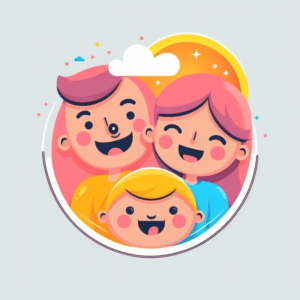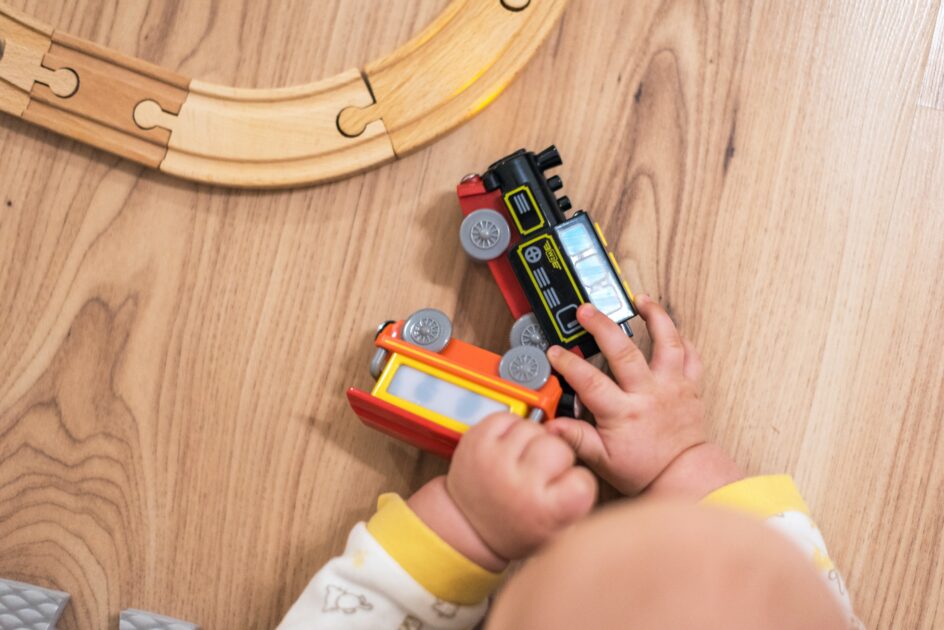How Educational Toys Support Child Development
As parents, we all want to give our children the best possible start in life. We enroll them in the best schools, ensure they get a well-rounded education, and provide a supportive home environment. But did you know that playing with educational toys can have a significant impact on your child’s development? In this article, we’ll explore the benefits of educational toys and how they can support your child’s growth.
- What are Educational Toys? Educational toys are specially designed toys that are intended to educate and teach children a variety of skills. They are designed to be fun and engaging while also helping children learn new things. Examples of educational toys include building blocks, puzzles, counting games, and alphabet toys.
- How Do Educational Toys Benefit Child Development? Educational toys offer a range of benefits to children of all ages. Here are some of the ways in which educational toys support child development:
2.1. Cognitive Development: Educational toys can help improve cognitive skills such as memory, problem-solving, and critical thinking. For example, building blocks help children develop spatial awareness and problem-solving skills, while puzzles help them develop memory and concentration.
2.2. Language Development: Educational toys can also help children develop language skills. For example, alphabet toys can help children learn letters and sounds, while talking dolls or puppets can help them develop conversational skills.
2.3. Motor Skills Development: Many educational toys help children develop their fine and gross motor skills. For example, playing with building blocks or beads can help children develop hand-eye coordination and fine motor skills, while playing with balls or running around can help them develop gross motor skills.
2.4. Social Development: Educational toys can also help children develop social skills. For example, playing with board games or team sports can help children learn how to take turns, share, and communicate with others.
- What Should You Consider When Choosing Educational Toys for Your Child? When choosing educational toys for your child, there are several factors to consider. Here are some tips to help you make the right choice:
3.1. Age-Appropriateness: Make sure that the toy is appropriate for your child’s age and developmental stage.
3.2. Learning Goals: Consider what skills you want your child to learn and choose a toy that supports those goals.
3.3. Safety: Ensure that the toy is safe for your child to use and has no small parts that could pose a choking hazard.
3.4. Durability: Choose a toy that is well-made and can withstand the wear and tear of regular use.
- Conclusion Educational toys offer a fun and engaging way for children to learn new skills and support their overall development. By choosing age-appropriate, learning-focused, safe, and durable toys, you can help your child unlock their full potential and give them the best possible start in life.
FAQs
5.1. At what age should I introduce my child to educational toys? You can start introducing your child to educational toys as early as six months old. Choose toys that are age-appropriate and focus on sensory experiences.
5.2. Do educational toys have to be expensive? No, educational toys come in all price ranges. You can find affordable options at your local toy store or online.
5.3. Are educational toys better than regular toys? Both educational and regular toys have their place in a child’s life. However, educational toys offer additional learning opportunities and can support a child’s overall development.
5.4. Can educational toys replace a formal education? No, educational toys cannot replace a formal education. They are intended to supplement and enhance a child’s learning experience.
5.5. How long should my child play with educational toys each day? There is no set amount of time that a child should play with educational toys each day. However, it’s important to ensure that your child is getting a variety of experiences and not spending too much time on any one activity. As a general guideline, try to limit screen time and encourage active play and interaction with others.
In conclusion, educational toys are an excellent way to support your child’s development and learning. By choosing age-appropriate, safe, and learning-focused toys, you can provide your child with a fun and engaging way to learn new skills and enhance their overall growth. Whether it’s building blocks, puzzles, or board games, there’s an educational toy out there for every child’s interests and abilities. So go ahead and explore the wide range of options available, and watch your child learn and grow in exciting new ways!
How useful was this post?
Click on a star to rate it!
Average rating 4.7 / 5. Vote count: 3
No votes so far! Be the first to rate this post.




